As facilitators we understand that no two meetings are the same, and believe they shouldn’t be. There’s no one size fits all approach when nurturing your team. Making use of these differences is what good facilitation is all about. For those unfamiliar with facilitation and the benefits it brings, we’ve compiled this essential guide to all things facilitation to ultimately answer the question – why does your team need a facilitator?
What is facilitation?
Facilitation isn’t gathering a group of people in a room and pushing them in one direction. It’s understanding how humans interact whilst nurturing the connections that are established and strengthened the more we spend time together.
A facilitator works as part of your team to encourage the participation, listening and dialogue that leads to a better meeting and a more effective group. With facilitation the experience and ideas of the individual can be shared and embraced.
Facilitators use processes and activities that give everyone in the team the opportunity to contribute and, more importantly, an opportunity to be heard. It’s not up to one person to act as the traditional leader. Self- and shared leadership is the key to successful facilitation.
Why is it beneficial?
Facilitation is useful in teams of all sizes and niches. It can be used to resolve issues and overcome challenges that regularly hold teams, and the individuals that make up the group, back.
If your team is working to understand where things have gone wrong, preparing for organisational change, needing to make a group decision or finding a different way of working, facilitation can help.
Teams that find it difficult to accept or learn from the experience and knowledge of others can also benefit from the open and honest conversations that facilitation encourages.
How else can facilitation help?

It’s not just during periods of progression that facilitation can be insightful and beneficial. Teams suffering from procrastination can positively move forward. As Scott Anthony, managing partner of Innosight and the author of The First Mile, explained in this Harvard Business Review article teams getting stuck in ruts is a common occurrence:
“Seeing the same data, interacting with the same people, and having the same conversations, so it’s no surprise that the ideas coming out feel as though they’ve all been done before.”
Facilitation can help teams that are currently treading water, i.e. not performing badly but not excelling either. With facilitation, individuals have the space to take their thinking outside of their comfort zones.
This space ensures challenging questions can be answered, difficult circumstances overcome, and feelings of frustration and anxiety within teams dealt with appropriately, not left to resonate as emotional debt. The group can be supported as it should be to clarify and question the issues that are holding it back.
What makes a good facilitator?
There are no hard and fast rules for good facilitation. Workshops work in the present, and don’t revolve around or work towards a predetermined answer or outcome. A good facilitator however isn’t neutral. They play an active and non-judgmental role in encouraging alternative views and conversations.
